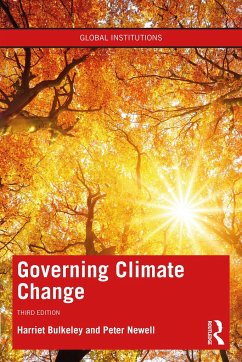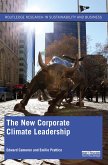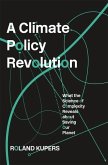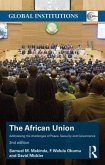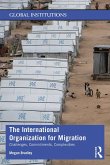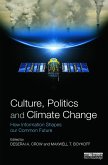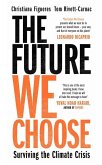This fully revised and expanded new edition provides a short and accessible introduction to how climate change is governed by an increasingly diverse range of actors, from civil society and business actors to multilateral development banks, donors, and cities.
The issue of global climate change has risen to the top of the international political agenda. Despite ongoing contestation about the science informing policy, the economic costs of action and the allocation of responsibility for addressing the issue within and between nations, it is clear that climate change will continue to be one of the most pressing and challenging issues facing humanity for many years to come.
The book:
Evaluates the role of states and non-state actors in governing climate change at multiple levels of political organization: local, national, and global
Provides a discussion of theoretical debates on climate change governance, moving beyond analytical approaches focused solely on nation-states and international negotiations
Examines a range of key topical issues in the politics of climate change
Includes multiple examples from both the north and the global south
Providing an inter-disciplinary perspective drawing on geography, politics, international relations, and development studies, this book is essential reading for all those concerned not only with the climate governance but with the future of the environment in general.
The issue of global climate change has risen to the top of the international political agenda. Despite ongoing contestation about the science informing policy, the economic costs of action and the allocation of responsibility for addressing the issue within and between nations, it is clear that climate change will continue to be one of the most pressing and challenging issues facing humanity for many years to come.
The book:
Evaluates the role of states and non-state actors in governing climate change at multiple levels of political organization: local, national, and global
Provides a discussion of theoretical debates on climate change governance, moving beyond analytical approaches focused solely on nation-states and international negotiations
Examines a range of key topical issues in the politics of climate change
Includes multiple examples from both the north and the global south
Providing an inter-disciplinary perspective drawing on geography, politics, international relations, and development studies, this book is essential reading for all those concerned not only with the climate governance but with the future of the environment in general.

